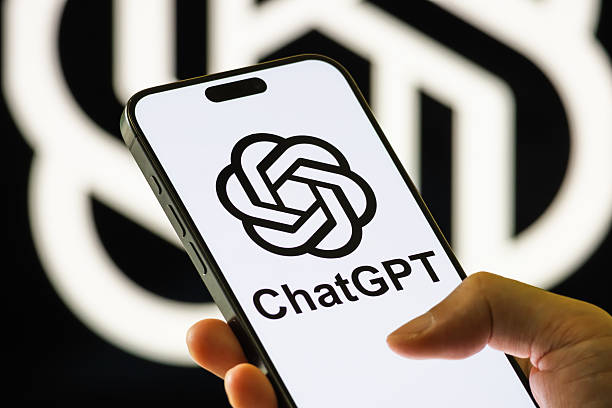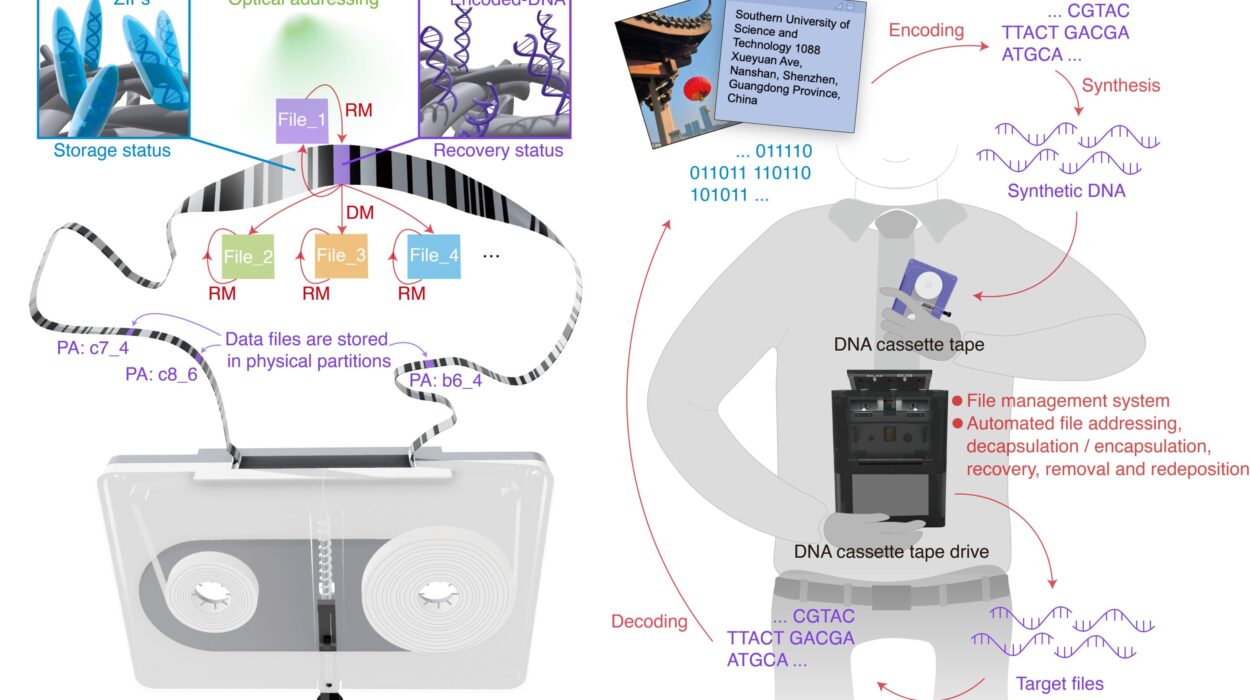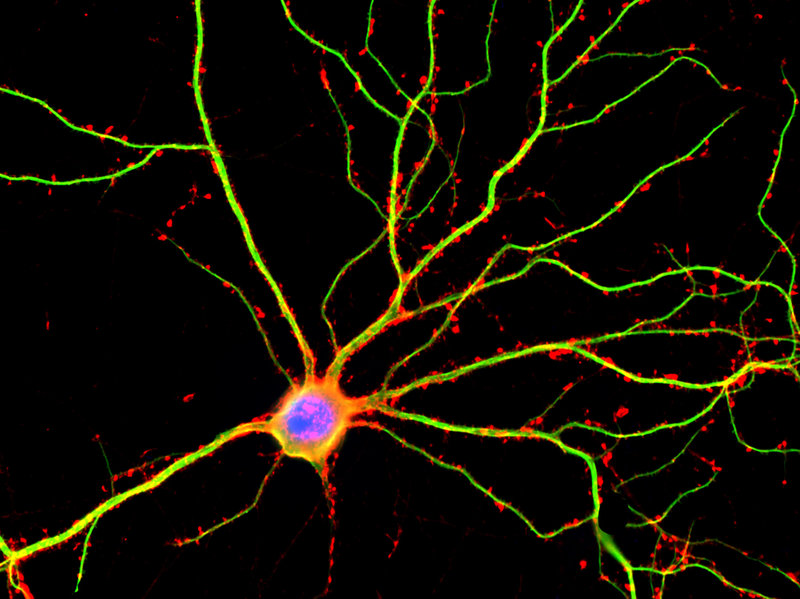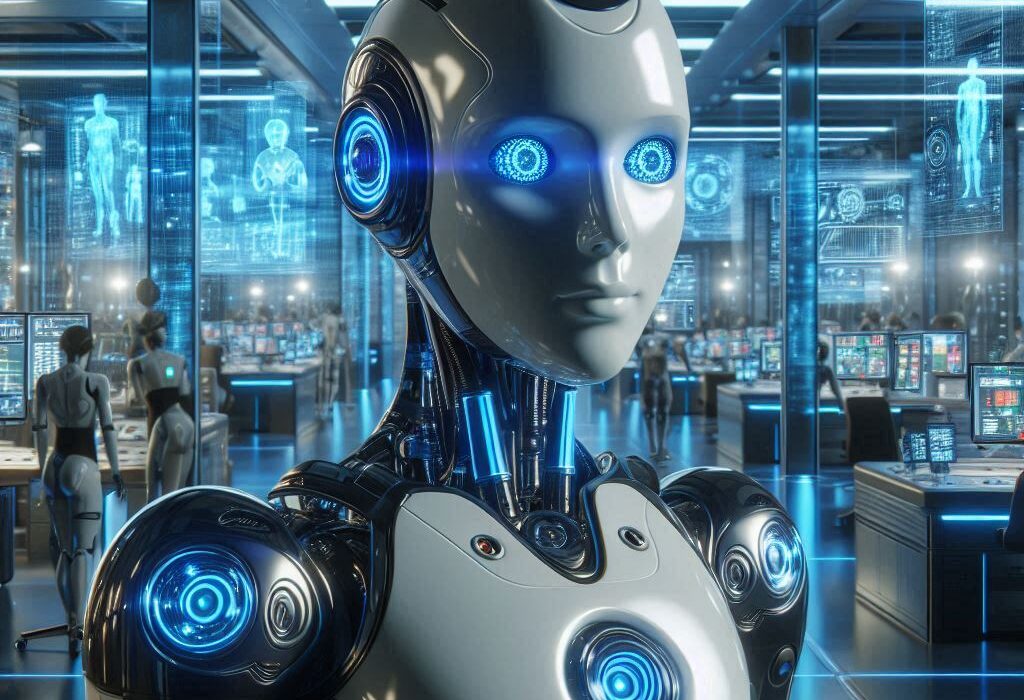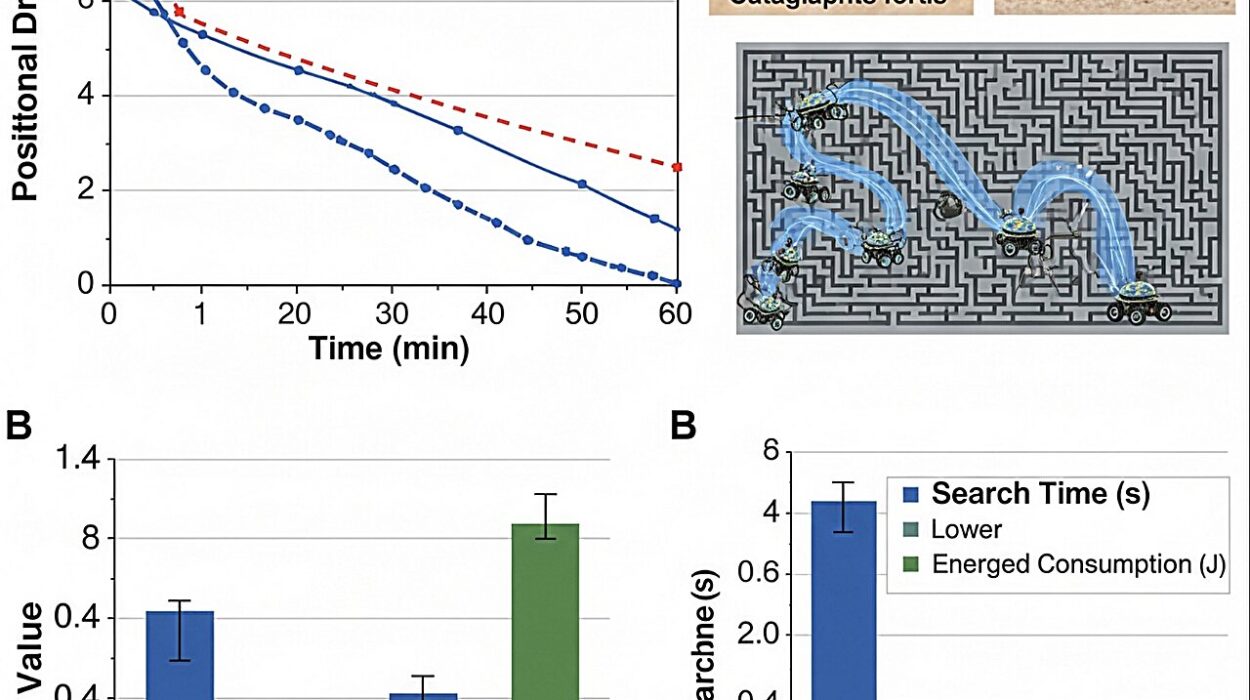When ChatGPT was released in late 2022, the world quickly realized it was not just another technological tool. Within just five days, more than a million people had signed up to try it. The speed of adoption was unprecedented, rivaling the arrival of the smartphone and the spread of social media. Today, only a few years later, surveys reveal that more than half of adults under the age of 30—and nearly half of adults between 30 and 49—have used ChatGPT at least once. This massive uptake has transformed how people learn, write, and even think. But now, research is revealing something even more profound: AI is beginning to change the way we speak.
From Screens to Speech
Language is often considered the deepest marker of human identity. It evolves slowly, shaped by culture, geography, and social interaction. Sudden shifts in vocabulary are usually linked to major events—wars, pandemics, or cultural revolutions. For example, the word “omicron” skyrocketed during the COVID-19 pandemic because of global necessity. Yet new research suggests that the widespread use of chat-based AI is causing unusual and rapid lexical shifts—not in writing alone, but in spontaneous, unscripted speech.
A study conducted by researchers at Florida State University’s Department of Modern Languages and Linguistics, alongside colleagues in computer science and mathematics, has uncovered striking evidence that AI is not just suggesting words on our screens; it is actively influencing how people communicate in everyday conversations. Their work, Model Misalignment and Language Change: Traces of AI-Associated Language in Unscripted Spoken English, offers the first peer-reviewed analysis of whether tools like ChatGPT are altering the natural rhythms of human language.
Detecting AI Fingerprints in Human Language
The researchers analyzed 22.1 million words from unscripted, spoken sources, such as podcasts, where speakers were not reading from prepared scripts. By comparing data from before and after ChatGPT’s release, they uncovered measurable increases in the frequency of certain words. Many of these words—“delve,” “intricate,” “meticulous,” “strategically,” and “garner”—are ones that large language models like ChatGPT frequently generate, especially in academic or professional writing.
What makes this finding remarkable is not merely the increase in vocabulary but its specificity. For instance, the AI-associated buzzword “underscore” showed a sharp rise in use, while its near-synonym “accentuate” did not. This suggests that the change cannot be explained by general cultural trends; rather, it points directly to the linguistic patterns introduced by AI systems.
As Tom Juzek, assistant professor of computational linguistics and lead investigator, explains: “We found a convergence between human word choices and LLM-associated patterns with AI buzzwords.” This convergence signals a subtle but measurable shift in the human language system itself.
Why These Changes Matter
Historically, language change has been gradual. Dialects shift over generations, words evolve in meaning, and grammar adapts to cultural needs. What makes this new trend different is its speed and its source. Instead of emerging organically from human interaction alone, these changes appear to be seeded by algorithms trained on massive amounts of written text.
The implications are both fascinating and concerning. On one hand, AI may be enriching spoken language with a more diverse vocabulary. On the other, it may also be flattening individuality by spreading formulaic patterns of expression. Words like “boast” or “garner,” once more common in formal writing than in casual conversation, are slipping into everyday talk, changing not only how people sound but also how they present ideas.
For younger generations—many of whom now use AI tools daily for school, work, or entertainment—the line between “human” and “machine-influenced” language is becoming increasingly blurred.
Students Leading the Discovery
This groundbreaking work was not only a collaboration among experienced faculty but also driven by undergraduate researchers. Bryce Anderson, a senior majoring in computer science, and Riley Galpin, a junior double-majoring in computer science and pure mathematics, played central roles in data analysis and interpretation.
Anderson, the study’s lead author, explained his motivation: “Language is the most powerful medium of communication that humanity has, and understanding how AI will affect this medium is fundamentally important and timely.” He emphasized that AI’s impact is no longer limited to industries or academic settings but is filtering into society’s most basic unit of culture—our words.
For Galpin, who previously presented the group’s related research on AI’s effect on written scientific English, the new findings raise urgent ethical questions. “With the ability of LLMs to influence human language comes larger questions about how model biases and misalignment may begin to influence human behaviors,” she said.
A New Phase in the History of Language Change
The history of language shows countless examples of words shifting due to technology: the invention of the printing press standardized spelling, while the internet gave rise to abbreviations like “LOL” and “hashtag.” But what makes AI distinct is that it is not just enabling communication—it is actively shaping it.
Unlike other technologies that spread new slang or technical jargon, large language models provide ready-made sentences and suggestions that users adopt, consciously or unconsciously. These patterns are then echoed in conversations, podcasts, and classrooms, seeding widespread change.
As Juzek points out, what stands out is the “breadth of change.” Rather than a few isolated words, dozens of terms associated with AI text generation have surged in usage. This breadth suggests a systemic influence, one that future linguists may look back on as a defining moment in the evolution of modern English.
The Ethical and Cultural Dilemmas
The FSU research also touches on profound ethical questions. If AI can influence not only what we say but also how we say it, then its role in shaping thought becomes more significant. Language is not neutral—it frames our perception of reality, guides our reasoning, and shapes cultural norms. If certain patterns of expression become dominant simply because an algorithm favors them, then human communication risks becoming subtly aligned with machine preferences.
This raises questions of agency: Are people still choosing their words freely, or are they increasingly echoing patterns set by AI? More critically, whose biases are embedded in those AI-generated suggestions? Models like ChatGPT are trained on vast datasets from the internet, which inevitably reflect cultural, political, and social biases. As these models influence human speech, those biases may ripple outward into society at large.
Looking Ahead
Despite these concerns, the researchers stress that their work is only the beginning. The open question is whether AI is amplifying conventional patterns of language change—accelerating trends that were already in motion—or directly driving new ones. The difference is crucial for understanding the long-term consequences of AI adoption.
Juzek and his team plan to continue exploring these dynamics, expanding their datasets and refining their methods. The project was supported through Florida State University’s Undergraduate Research Opportunity Program, a platform that empowers students to contribute to high-level research. The involvement of undergraduates highlights how questions about AI and language are not confined to experts alone but are part of a broader, generational inquiry into humanity’s future.
A Future Written—and Spoken—with AI
The story of language has always been a story of adaptation. Just as printing, radio, and the internet reshaped communication, artificial intelligence is now emerging as a powerful force in linguistic evolution. The difference is that this force is interactive, predictive, and deeply embedded in daily life.
The FSU team’s findings underscore a truth both exhilarating and sobering: AI is not only a tool we use; it is becoming a partner in how we express ourselves. Whether this partnership will enrich our language or constrain it remains an open question, one that will shape the future of human culture.
For now, one thing is clear. Every time we ask ChatGPT to “delve” into a topic or describe an idea as “intricate,” we may be doing more than choosing a convenient word—we may be laying down the foundations of a new linguistic era, one in which human and machine voices blend into a shared vocabulary of the twenty-first century.
More information: Bryce Anderson et al, Model Misalignment and Language Change: Traces of AI-Associated Language in Unscripted Spoken English, arXiv (2025). DOI: 10.48550/arxiv.2508.00238
